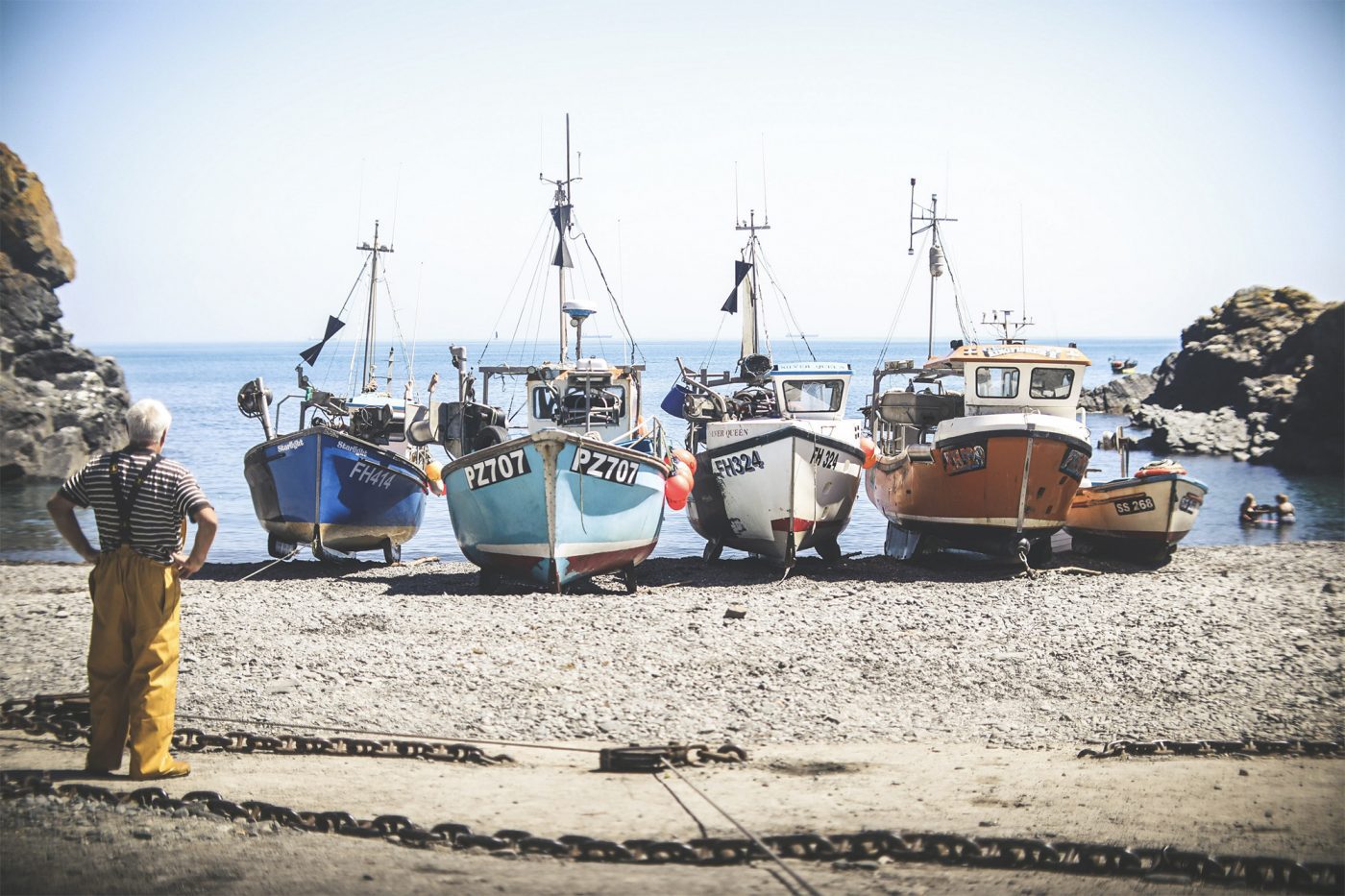27 August 2010
The MPA Fishing Coalition, of which the NFFO is a core member, has continued its important role of holding Government and its statutory advisors, Natural England and JNCC, to account.
At a recent meeting in London, the Coalition raised key issues relating to the process of establishing a network of marine protected areas in UK waters.
The Coalition’s interventions have established one very important point of principle: at the meeting, Natural England announced that it will play no role in the design, implementation or enforcement of the management measures that will apply within marine conservation zones or the European Special Areas of Conservation once they have been designated. That will be left to the relevant authorities: Defra, MMO and IFCAs. Although the distinction between advisors to government and fisheries managers might seem obvious, Natural England’s public statements and attitudes during its expansionist phase, often gave the opposite impression; so this clarification is important. The Coalition has regularly criticised confusion in the way that Natural England has defined its role: sometimes advisor to government, sometimes sounding and behaving like an environmental NGO, and often assuming to itself the mantle of management decisions. Those criticisms are now shown to have been effective.
The Coalition also raised the damage done to Natural England’s credibility as dispassionate, impartial and rigorous advisors to government by the revelations in the press, following a Freedom of Information request, by Terri Portman of Scott Trawlers. The information obtained under the FOI request suggested a less than transparent process at the time that the Lyme Bay closure was introduced. There is no doubting the seriousness of the charge, nor Natural England’s determination to repair the damage. Having committed itself to an open, evidence-based process in the establishment of marine conservation zones, the suggestion that Natural England suppressed crucial, but for them uncomfortable science regarding the scarcity of pink sea fans couldn’t be more embarrassing. Natural England hopes that a no-holds barred interview with the Editor of Fishing News will end the matter. Time will tell.
From the outset, the Coalition has been critical about the artificial and unrealistic timetable set by ministers for the establishment of a network of MPAs, which is wholly inconsistent with gathering an adequate evidence base, or for a process in which stakeholders have a genuine influence. The Coalition was frankly scornful when both NE and Defra claimed that there was “no evidence that the timetable could not be met”. The quality of the evidence base and the degree to which the four regional projects are genuine stakeholder led processes, or manipulative box ticking exercises, are issues that have yet to be settled. All of this is intimately linked to the question of what is possible within an unrealistic timetable.
The whole question of the quality of the ecological science and information on patterns of fishing is an area of major concern for the Coalition to which to date, Natural England’s assurances seem hollow. An exercise in gauging the sensitivity of different offshore activities to marine conservation zones has been abandoned as inadequate, after criticisms from participants, and whilst this recognition and response is to be welcomed it does increase the sense of making it up as we go along in a hurry and of a forced process.
Natural England confirmed that the changing science base is the main reason why it is re-consulting on a number of the European SACs previously notified, including Eddystone, Lune Deep, and Studland to Portland, and once complete this will complete the SACs in English inshore waters, amounting to 19% of the 0-12 zone. Domestic MCZs under the Marine and Coastal Access Act may overlap European SACs or may be additional to them.
At present, Natural England is committed to making final recommendations on the designation of a network of marine conservation zones by June 2011.
Displacement
The main reason for the establishment of the Coalition was the potential for the marine conservation zones and special areas of conservation to displace fishermen from their customary fishing grounds. The Coalition has repeatedly made the point that inadequate attention was being given to the potentially disruptive consequences of displacement, not only for the vessels directly affected, but for adjacent or even distant areas into which fishing effort is displaced. Again the Coalition seems to have made progress in this area insofar as Defra have now agreed to set up a working group to study both the ecological implications of displacement and the consequences and options for the fishing vessels affected.
Next Steps
The Coalition will continue to hold Natural England to account through direct meetings with senior officials; the next meeting will be in November after the publication of the second iteration by the regional projects. In the meantime, a meeting between the Coalition and the Minister, who will ultimately be responsible for all MPA decisions, will be held; and the Coalition will be meeting with Defra on the displacement issue.
The MPA Fishing Coalition is wholly funded by voluntary contribution. If you think that its work is valuable and relevant to you, please send a contribution to:
MPA Fishing Coalition
Secretariat
C/O NFFO
30 Monkgate
York
YO31 7PF

